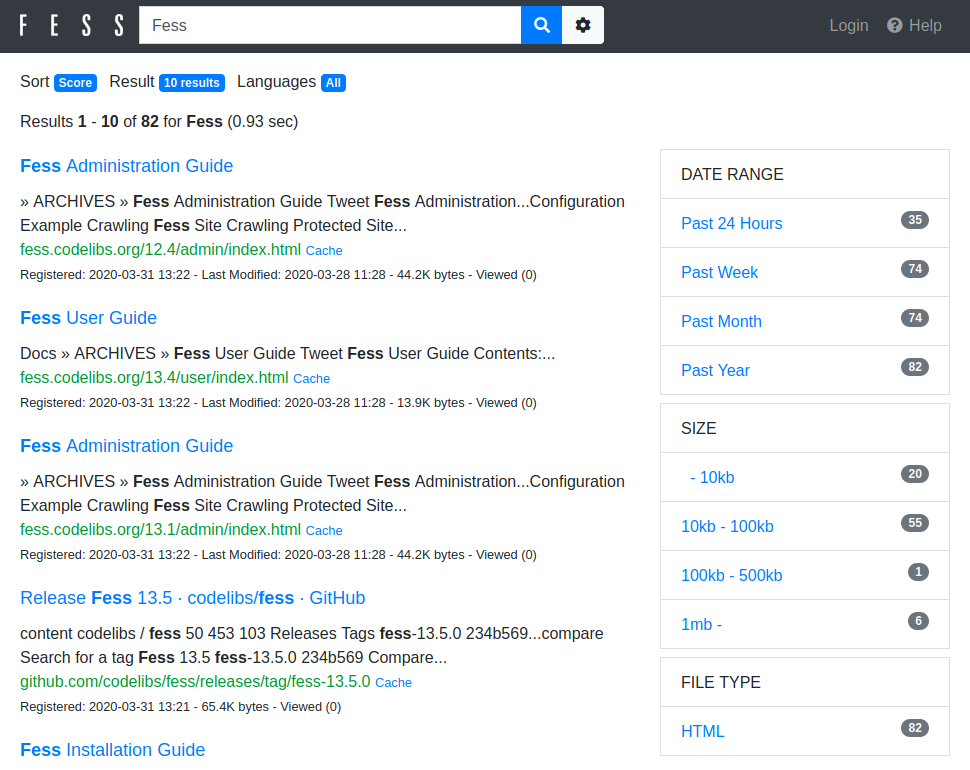- Sort Score
- Result 10 results
- Languages All
Results 1 - 1 of 1 for Compose (0.1 sec)
-
README.md
### Docker We provide Docker images on [ghcr.io](https://github.com/orgs/codelibs/packages). We also provide a Docker Compose (YAML) file in [this repository](https://github.com/codelibs/docker-fess/tree/master/compose). ### Browser UI - Search UI: http://localhost:8080/ 
Registered: Sat Dec 20 09:19:18 UTC 2025 - Last Modified: Sat Dec 20 00:28:33 UTC 2025 - 7.8K bytes - Viewed (2)